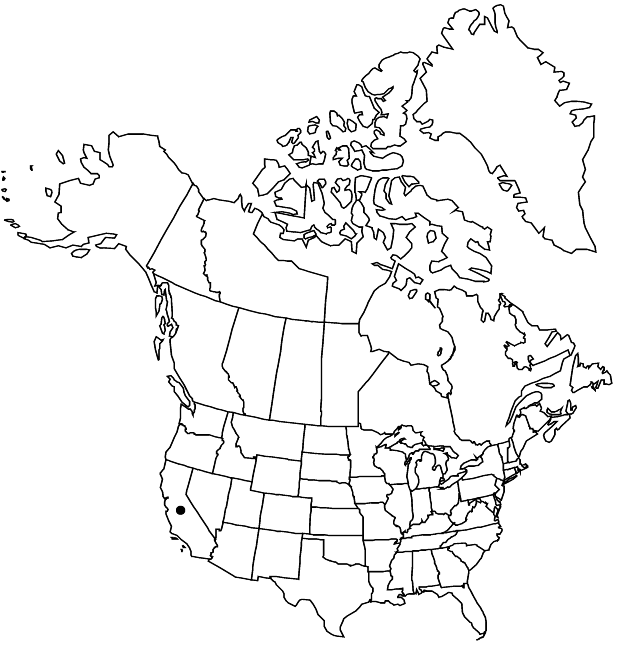Difference between revisions of "Dudleya cymosa subsp. agourensis"
Madroño 34: 339, fig. 2. 1988,.
FNA>Volume Importer |
FNA>Volume Importer |
||
| Line 47: | Line 47: | ||
|publication year= | |publication year= | ||
|special status= | |special status= | ||
| − | |source xml=https://jpend@bitbucket.org/aafc-mbb/fna-data-curation.git/src/ | + | |source xml=https://jpend@bitbucket.org/aafc-mbb/fna-data-curation.git/src/f6b125a955440c0872999024f038d74684f65921/coarse_grained_fna_xml/V8/V8_363.xml |
|genus=Dudleya | |genus=Dudleya | ||
|subgenus=Dudleya subg. Dudleya | |subgenus=Dudleya subg. Dudleya | ||
Revision as of 20:28, 24 September 2019
Caudices simple or mostly cespitosely 1–5-branched, 0.5–1 cm diam. Leaves: rosettes 5–18-leaved; blade blue-gray, elliptic to oblong, 3–10 × 1–1.5 cm, apex acute to subacuminate, surfaces not farinose, glaucous. Inflorescences: floral shoots 12–25-leaved, 10–20 cm; cincinni 3+, 3–9-flowered, 1–3 cm. Petals bright yellow, 10–12 × 3–4.5 mm. 2n = 34.
Phenology: Flowering late spring.
Habitat: North-facing slopes and roadcuts
Elevation: 200-500 m
Discussion
Of conservation concern.
Subspecies agourensis is found in the Santa Monica Mountains; it is considered fairly threatened (California Native Plant Society, http://cnps.web.aplus.net/cgi-bin/inv/inventory.cgi). The various forms of Dudleya cymosa found scattered in the Santa Monica Mountains have so far been sorted out as three subspecies—although here, as usual, they don’t sort neatly, and we are left wondering what will turn up next.
Selected References
None.
